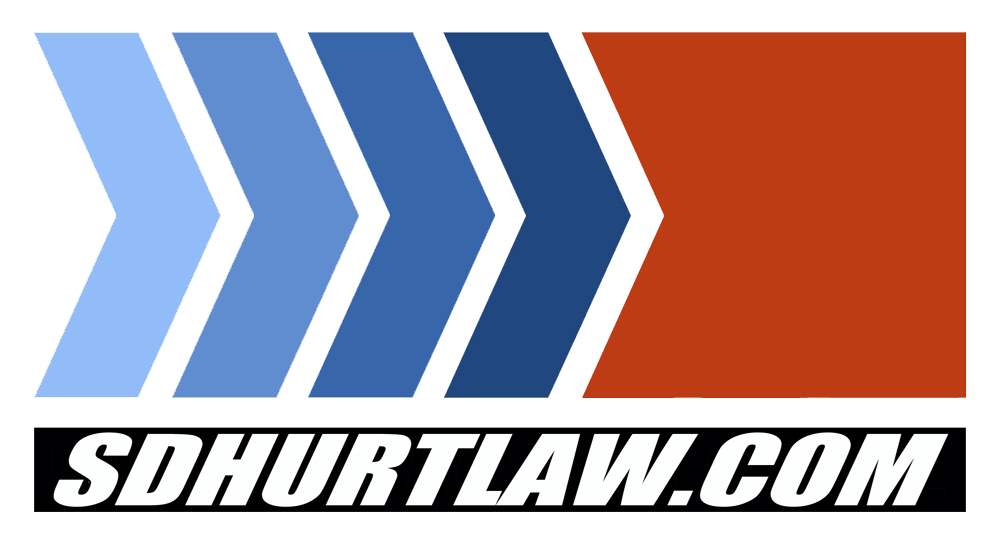Longshore & Harbor Workers’ Compensation Act Claims
Frequently Asked QuestionsWhat is my responsibility to report the injury?
You must give a written notice of injury to the employer within 30 days of the occurrence of the injury or within 30 days of your becoming aware that you have an injury or disability related to the employment. You should also give written notice to the District Director of the Longshore district office. You should use the Form LS-201, Notice of Employee’s Injury or Death, for this purpose.
What if I do not report the injury to my employer within 30 days?
Your entitlement to benefits may be jeopardized if you fail to report the injury within the required time frame. This failure may be excused if you have a good reason, or if the employer is not prejudiced by not receiving the notice. Failure to report the injury within 30 days will not bar you from receiving medical care necessary for the treatment of your work injury.
How do I file a claim?
In addition to the Notice of Injury given to your employer, you should file a written claim with the OWCP within one (1) year after the date of injury; or, if the employer has been voluntarily paying compensation benefits, you should file a written claim within a year of the last payment of compensation. You should use Form LS-203, Employee’s Claim for Compensation, to file your written claim. If a written claim is not filed with OWCP within the required timeframe, the employer may object to the claim and deny compensation benefits should you become disabled due to the injury.
What if the employee dies as a result of a work injury?
In the event of the employee’s death, the eligible survivors, or their legal representatives must file the Form LS-262, Claim for Death Benefits, with the OWCP within one (1) year after the date of death. The OWCP will require additional documentation specific to the death claim including, but are not limited to: the marriage certificate and birth certificates of eligible survivors, medical records of the deceased employee, and the Form LS-265, Certification of Funeral Expenses.
I was injured at work and my doctor told me I should stay home because of my injury. How do I get LHWCA benefits?
You should notify your employer that your doctor took you off work. Give your employer a medical report or a disability slip from the doctor that shows your medical condition and how long you should remain off work due to the injury. You should also notify the insurance claims adjuster handling your claim.
When do I get my first compensation check?
The employer or insurance carrier should pay compensation within 14 days of receiving Notice of Injury except in cases where the employer or insurance carrier disputes liability for benefits and files a Notice of Controversion.
I received a form called the Notice of Controversion. What does “Controversion” mean?
If, after receiving notice of your injury and disability, the employer or insurance carrier denies responsibility to provide benefits, it is required by law to file with the OWCP the Form LS-207, Notice of Controversion of Right to Compensation, stating its reasons for the denial. The OWCP will send a copy of that form to the employee with instructions on what to do if the employee disagrees with the denial.
Can my employer retaliate against me for filing a claim?
Under the LHWCA, it is unlawful to discriminate against or fire an employee solely because he or she has filed a claim for compensation or has testified, or is about to testify, in an LWHCA hearing. However, it is not a violation of this law if an employer fires or refuses to hire an employee who has knowingly and willfully filed a false claim.
I think the insurance carrier is paying compensation benefits at a lower rate than I am entitled to. What can I do?
The law provides different methods for determining the AWW. If your wages in the 52 weeks prior to injury do not reflect your true earning capacity, for example, due to promotion, reduction in force (RIF), illness, or lack of work, or if the employment has not been permanent and continuous, there are other methods to calculate the AWW.
Is there a limit on how long I can receive compensation for a work-related injury?
Generally, LHWCA disability compensation is payable for as long as the disability continues. The two exceptions are temporary partial disability benefits, which cannot exceed 5 years, and the “Scheduled” permanent partial disability benefits, which are limited to a fixed number of weeks. The employer or insurance carrier may require medical documentation of your continuing disability. To ensure that you receive benefits without interruption, you should provide the documentation when requested.
Can I receive state workers’ compensation benefits and Longshore benefits at the same time?
The LHWCA allows you to receive compensation for the same injury under both a state workers’ compensation system and the LHWCA. However, any amounts you receive under the state system reduce what your employer must pay under the LHWCA. Furthermore, some states prohibit receiving compensation under the state workers’ compensation system if LHWCA benefits are payable. You cannot receive any more than the weekly compensation rate under whichever statute would pay you the larger weekly benefit.
Do I have to pay income tax on my compensation benefits?
A person who receives workers’ compensation benefits must declare the funds received as compensation for an occupational sickness or injury. However, the IRS exempts these payments from taxation if they are paid under a federal or state workers’ compensation law. The tax exemption also applies to survivors’ benefits.
Is there a time limit to claim medical benefits?
No, there is no time limit to request medical treatment for a work injury; however, you should request treatment as soon as it is necessary. Even if the employee does not file a claim for compensation within the time required by the LHWCA to receive compensation benefits, he/she still has the right to medical care related to the LHWCA injury.
Is there a time limit to how long medical benefits are paid?
No, there is no time limit for receiving medical treatment necessary for the work-related injury. The injured employee is entitled to medical care related to the injury for as long as the nature and extent of injury or the process of recovery may require. This includes conditions which may arise from the injury, or from treatment related to the injury, after the initial period of treatment.
Do I have to select a doctor from an approved list of medical providers?
There is no enrollment program or network of approved medical providers under the LHWCA.
Why can’t I have a chiropractor as my treating physician?
Chiropractors are recognized as physicians under the LHWCA only under limited circumstances. A chiropractor may be a treating physician only if the injury caused a spinal subluxation, verified by x-ray, which can be treated by manual manipulation of the spine. Thus, if the work injury is to other body parts besides the spine, a chiropractor may not be your treating physician.
How do I change doctors?
Once you have selected a treating physician for your injury, you may not change doctors without the permission of the employer or insurance company or the OWCP. In general, if specialty care is required for your injury, your treating physician will refer you to the appropriate specialist. If the employer or insurance company objects to the referral or to your request for a change of physician, the Longshore District Director may order a change of treating physician if good cause exists for the change. The employer or insurance company may also request that your treating physician be changed for good cause. Again, such change will be made by the District Director after considering the reasons from both sides.




